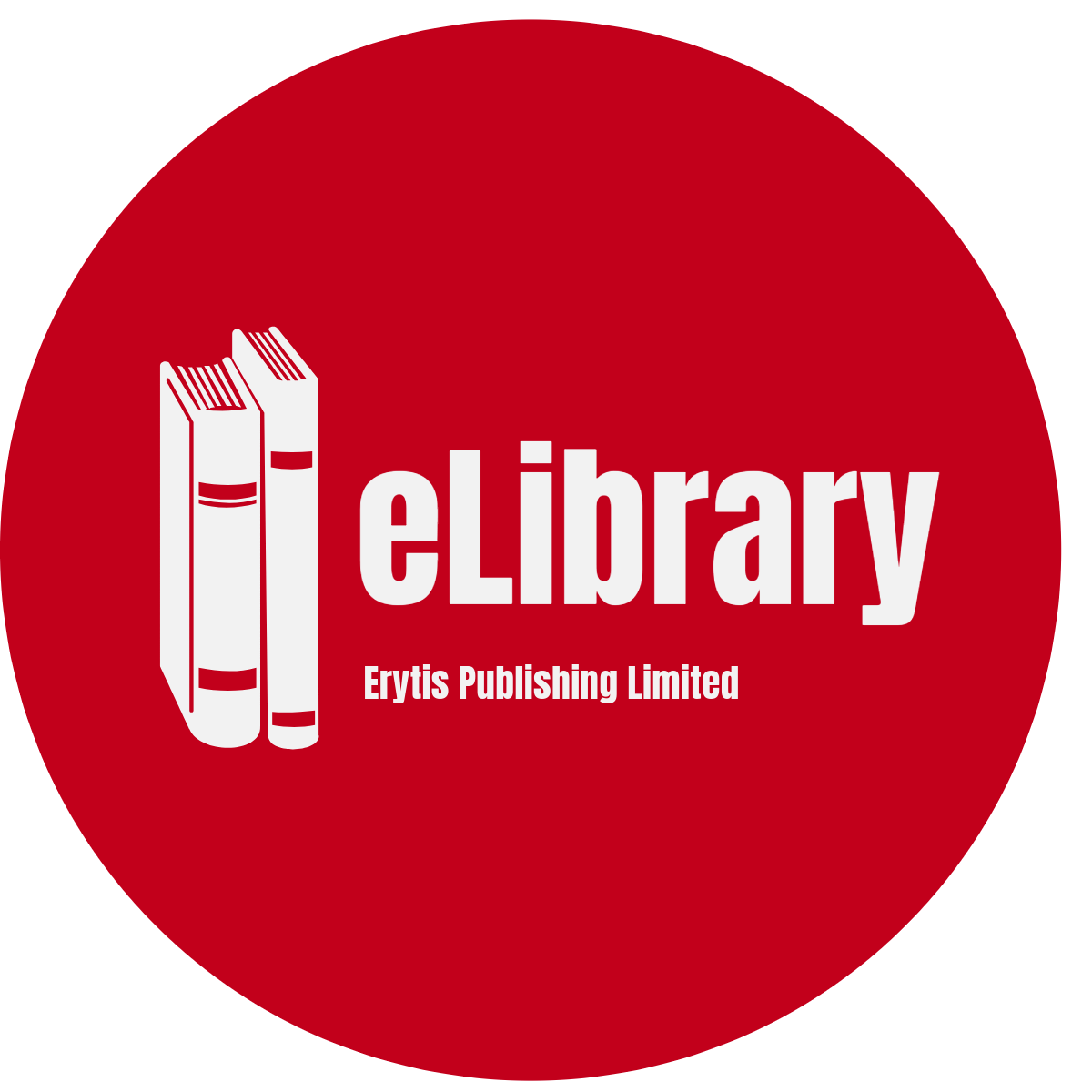




![]()
![]()
![]()
![]()


![]()
![]()


HOME
工程学辑要 Compendium of Engineering (ISSN Print: 3079-5648, ISSN Online: 3079-5656) is an international, peer-reviewed Open Access (OA) journal dedicated to advancing innovation, technological excellence, and sustainable solutions across all fields of engineering. By bridging theoretical research, applied technologies, and interdisciplinary collaboration, the journal serves as a global platform for engineers, researchers, industry leaders, and policymakers to address critical challenges in infrastructure, energy, healthcare, digital transformation, and environmental stewardship. Rooted in open science principles, Compendium of Engineering aims to accelerate the translation of engineering breakthroughs into real-world impact, fostering a future where technology empowers equitable and sustainable progress.
Scope and Topics
The journal welcomes submissions spanning all engineering disciplines, emphasizing cutting-edge research, practical applications, and societal relevance. Key areas include but are not limited to:
Core Engineering Disciplines
-
Mechanical & Aerospace Engineering
- Robotics, autonomous systems, and advanced manufacturing.
- Fluid dynamics, thermodynamics, and propulsion technologies.
- Lightweight materials, aerospace design, and space exploration.
-
Electrical & Electronic Engineering
- Power systems, smart grids, and renewable energy integration.
- Micro/nanoelectronics, IoT, and 5G/6G communication networks.
- AI-driven embedded systems, quantum computing hardware.
-
Civil & Environmental Engineering
- Resilient infrastructure, smart cities, and green construction.
- Water resource management, waste treatment, and climate adaptation.
- Geotechnical engineering, earthquake engineering, and BIM technologies.
-
Chemical & Materials Engineering
- Sustainable chemical processes, catalysis, and circular economy.
- Nanomaterials, biomaterials, and additive manufacturing (3D printing).
- Energy storage systems, battery technologies, and hydrogen economy.
-
Biomedical & Bioengineering
- Medical devices, wearable sensors, and regenerative medicine.
- Biomechanics, tissue engineering, and AI-driven diagnostics.
- Ethical implications of neuroengineering and genetic engineering.
-
Industrial & Systems Engineering
- Supply chain optimization, Industry 4.0, and digital twins.
- Human-robot collaboration, ergonomics, and lean manufacturing.
- Risk management, sustainable production, and life cycle assessment.
Emerging & Interdisciplinary Fields
- AI and Machine Learning in Engineering: Predictive maintenance, autonomous systems, generative design.
- Quantum Engineering: Quantum sensors, cryptography, and quantum materials.
- Sustainable Technologies: Carbon capture, circular design, and eco-industrial parks.
- Space and Ocean Engineering: Offshore renewable energy, deep-sea robotics, and lunar habitat design.
Journal Features
- Open Access: Freely accessible under a Creative Commons CC BY 4.0 license, ensuring global knowledge democratization.
- Rigorous Peer Review: Double-blind review by an international editorial board of leading engineers and scholars.
- Interdisciplinary Focus: Encourages convergence with computer science, environmental science, and public policy.
- Industry-Academia Synergy: Highlights case studies, patents, and scalable technological solutions.
- Multilingual Support: Accepts submissions in English and Chinese (Chinese submissions require an English abstract).
Target Audience
Engineers, researchers, R&D professionals, policymakers, educators, and graduate students across academia, industry, and government sectors.
Submission Guidelines
- Submission Types: Original research, technical reviews, case studies, methodological innovations, and policy analyses.
- Language Policy: Submissions in English preferred; Chinese submissions must include a full English abstract.
- Ethical Standards: Declaration of conflicts of interest, data transparency, and compliance with safety/ethical protocols.
- Formatting: Follow journal templates (available online); supplementary datasets, CAD models, and code repositories (GitHub) are encouraged.
Publication & Indexing
- Rapid Dissemination: Online First publication within 4-6 weeks of acceptance.
- Multimedia Integration: Supports video demonstrations, interactive simulations, and augmented reality (AR) content.
Special Sections
- Tech for Good: Engineering solutions addressing poverty, healthcare access, and disaster relief.
- Women in Engineering: Spotlighting innovations by female engineers and underrepresented groups.
- Startup Innovations: Breakthroughs from tech startups in robotics, clean energy, and smart materials.
Compendium of Engineering invites global innovators to redefine the boundaries of engineering—where creativity meets practicality, and science serves humanity. Join us in building a smarter, greener, and more inclusive world.



Erytis Publishing Limited
Always Open for Submissions
Peer-review
Online First
Open Access
Your work will be permanently available online, free to download, share and read
 Copyright © 2025 by authors and Erytis Publishing Limited.
Copyright © 2025 by authors and Erytis Publishing Limited.
Copyright and Licensing
Articles published by Erytis Publishing Limited journals are under a Creative Commons Attribution 4.0 International (CC BY 4.0) (https://creativecommons.org/licenses/by/4.0/) license, allowing users to copy, distribute and transmit an article and adapt the article and make commercial use of the article. The CC BY license permits commercial and non-commercial re-use of an open access article, as long as the author is properly attributed. This ensures that the work gets maximum exposure, and the authors receive due credit for their contribution.
Copyright on any open access article published by Erytis Publishing Limited is retained by the author(s). Authors grant Erytis Publishing Limited a license to publish the article and identify itself as the original publisher. Authors also grant any third party the right to use the article freely as long as its original authors, citation details and publisher are identified.





